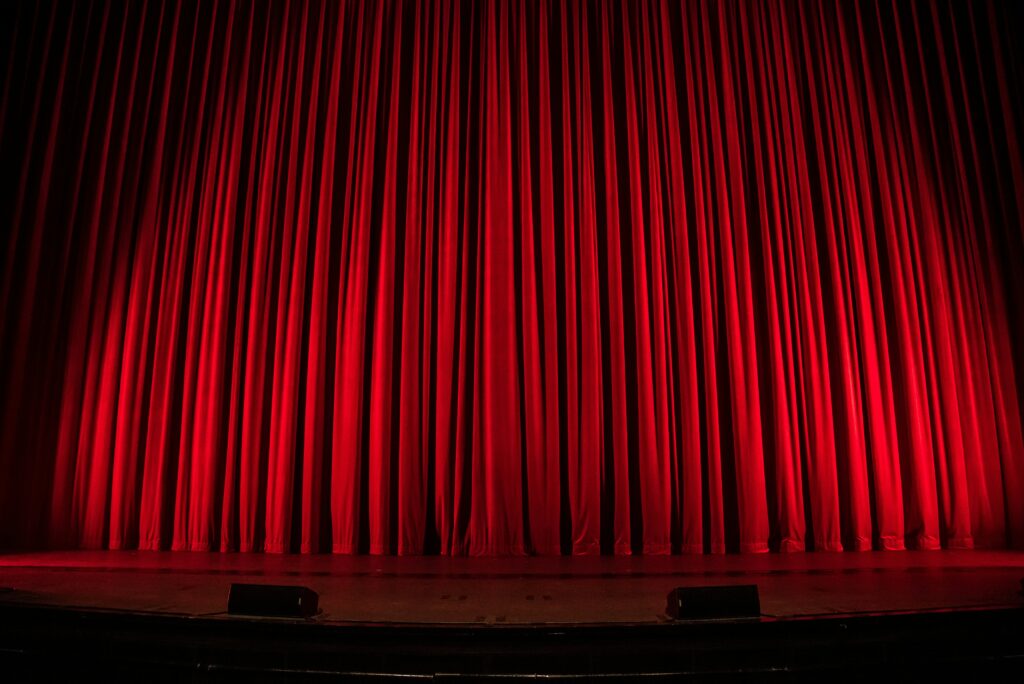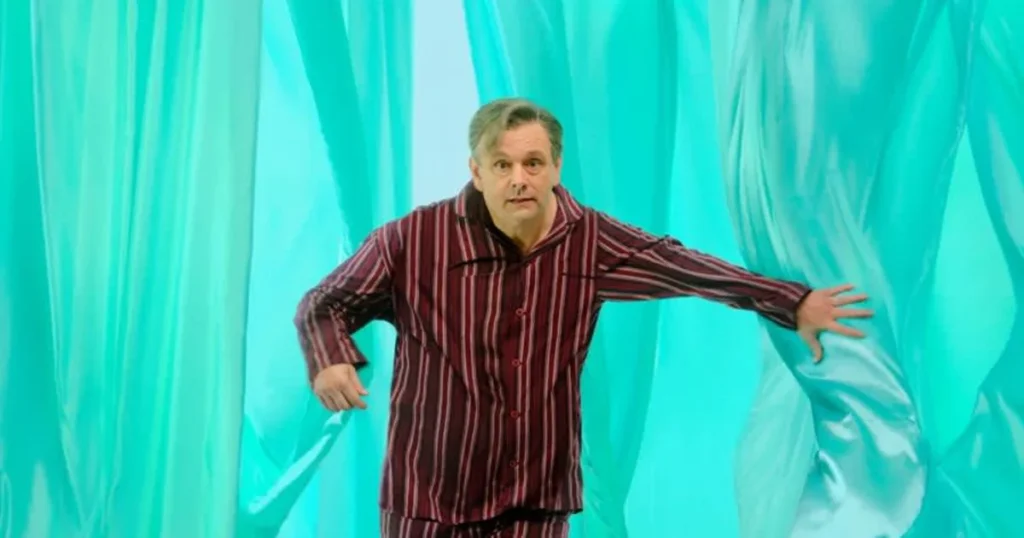Lydia Graystone questions how far Radio 4 is the voice of the establishment in Britain
Radio 4 is widely known as a middle-class institution. It has been both castigated and applauded for its seemingly insular approach, but how accurate is the stereotype?
We decided that one way to find out was to take a look at ‘One Day in the Life of Radio 4’, via the people who appeared on the station.
So we compiled a short survey of five questions about social class, which were sent out to every presenter and every guest – not counting voice actors in fictional dramas such as The Archers – who appeared on Radio 4 on 4 June 2012. (Almost every guest, anyway. Harry Belafonte is a difficult man to get hold of.)
We chose 4 June as it was the Queen’s Jubilee Bank Holiday, and therefore something of a celebration of Britishness. OurBeeb Steering Group member and journalist Clare Sambrook happened to be listening to the radio all day, and was ‘struck more than usually by an overwhelming whiteness and poshness’:
“Where were the British black voices that day? Where were the voices of working class people? … And I thought what a shame on this day of supposed national celebration that Radio 4 feels more than ever as if it belongs to such a narrow bunch of people.”
The survey yielded some striking results.
- 67% of the voices of Radio 4 were educated at fee-paying schools or grammar schools – 42% fee-paying, 25% grammar
- 26% attended Oxford or Cambridge Universities
- The majority were white British
- The majority were aged between 50-59
- Two-thirds were male
- None of the female personalities were over 60
- No-one of any gender was aged under 30
The full report is available here.





